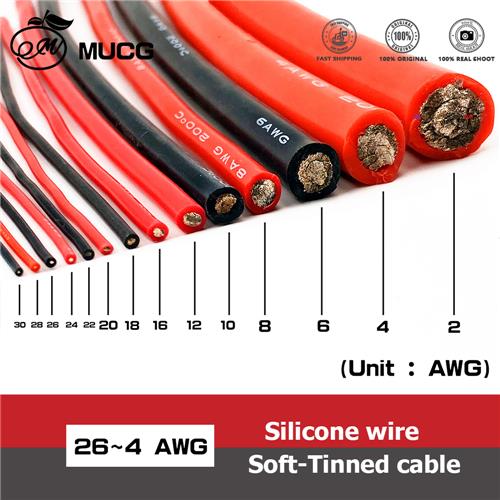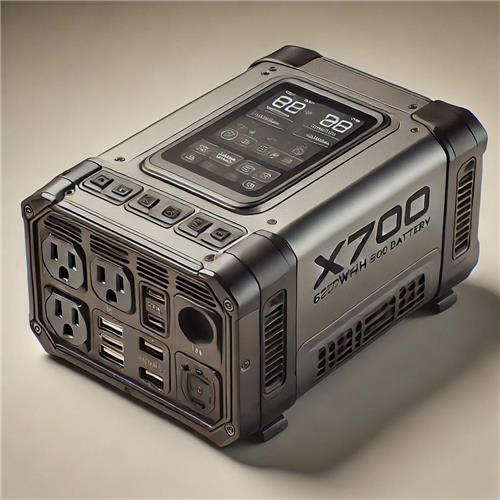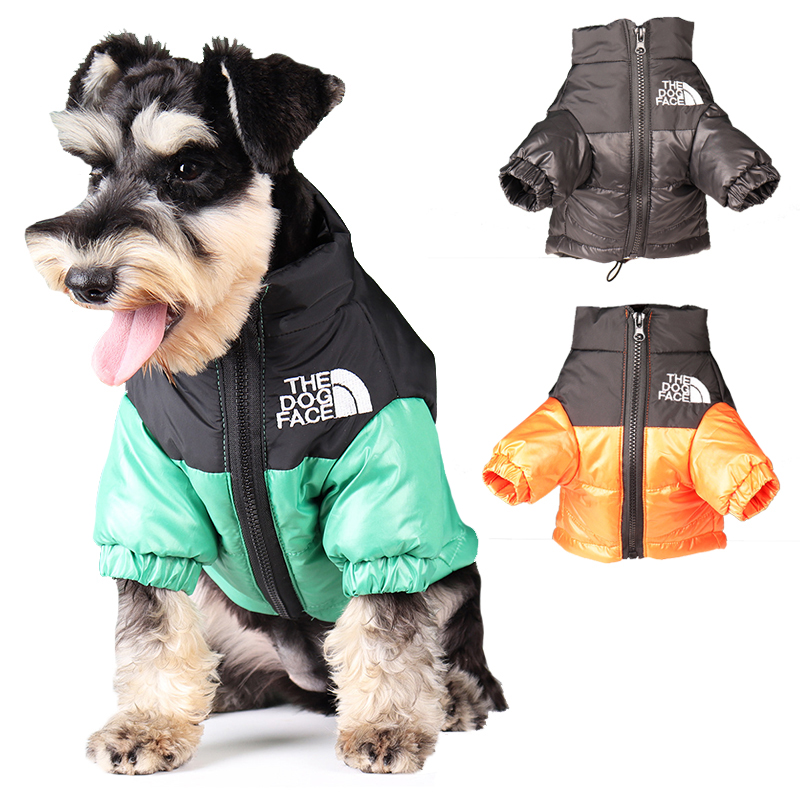Silicone Cable Red Black Wire for Car Batteries – Everything You Need to Know 🚗🔌
Hello everyone! Have you ever been confused when choosing the right wire for your car battery or automotive wiring setup?
With so many AWG sizes and types, it can get a little overwhelming.
That’s why today, we’re diving into the details of silicone red and black automotive wires –
from 18 AWG to 2 AWG! Whether you’re a DIY car enthusiast or a seasoned electrician, this guide will help you make informed decisions.
Specifications of Silicone Automotive Wires 📊
Silicone cables used in automotive wiring are known for their excellent flexibility and temperature resistance.
Below is a breakdown of common AWG sizes and their typical specifications.
| AWG Size | Stranding | Outer Diameter | Rated Current | Insulation Material |
|---|---|---|---|---|
| 18 AWG | 16×0.20mm | 2.0mm | 10A | Silicone Rubber |
| 12 AWG | 64×0.20mm | 3.6mm | 30A | Silicone Rubber |
| 10 AWG | 105×0.20mm | 4.2mm | 55A | Silicone Rubber |
| 4 AWG | 462×0.20mm | 9.0mm | 160A | Silicone Rubber |
| 2 AWG | 665×0.20mm | 10.5mm | 210A | Silicone Rubber |
These wires are available in red and black colors, making them perfect for identifying positive and negative battery connections.
Performance and Durability 💪
Silicone automotive wires are built to perform in extreme conditions. Their key strengths include:
- High Temperature Resistance: Withstand temperatures from -60°C to 200°C.
- Extreme Flexibility: Ideal for tight engine bays and complex routing.
- UV and Chemical Resistance: Perfect for both indoor and outdoor automotive environments.
- Long Lifespan: Silicone rubber insulation resists cracking and hardening over time.
In benchmark tests, silicone wires showed less voltage drop and higher thermal stability compared to PVC-insulated wires,
making them a reliable choice for high-performance vehicles and off-road use.
Best Use Cases and Recommended Users 👥
Wondering if these wires are right for you? Here’s a checklist to help:
- 🔧 You’re customizing or upgrading a car audio system
- 🚗 You need to replace old or damaged battery cables
- 🌡️ Your car operates in high-temperature or harsh environments
- 🔋 You install dual battery or solar systems in vehicles
- 🧰 You work in automotive repair or electrical projects
These wires are especially popular among car enthusiasts, mechanics, and DIY builders for their safety and reliability.

Comparison with Other Wire Types 🔍
Let’s see how silicone automotive wires compare with other common types like PVC and Teflon wires.
| Feature | Silicone Wire | PVC Wire | Teflon Wire |
|---|---|---|---|
| Temperature Range | -60°C ~ 200°C | -20°C ~ 80°C | -60°C ~ 250°C |
| Flexibility | Excellent | Moderate | Low |
| Durability | High | Medium | Very High |
| Cost | Moderate | Low | High |
Silicone wires strike a great balance between flexibility, durability, and affordability,
making them ideal for most automotive applications.
Pricing and Buying Guide 💰
Silicone automotive wires vary in price depending on AWG size and length.
Here’s a general guide to what you can expect:
- 🔹 18 AWG – 12 AWG: $0.30 to $0.70 per foot
- 🔹 10 AWG – 6 AWG: $0.80 to $2.50 per foot
- 🔹 4 AWG – 2 AWG: $3.00 to $5.50 per foot
When buying, consider these tips:
- Check insulation ratings to match your environment (e.g., engine bay).
- Buy a few extra feet in case of routing errors.
- Look for pure copper core (avoid aluminum for battery wires).
Pro Tip: Red wires are usually for positive, black for negative – keep this consistent in your project!
Frequently Asked Questions ❓
What is the best AWG size for car battery cables?
4 AWG or 2 AWG is generally recommended for car batteries due to their current-carrying capacity.
Can silicone wire be used for outdoor automotive applications?
Yes! Silicone is UV resistant and suitable for both indoor and outdoor use.
Is there a difference between red and black silicone wire?
No functional difference – just color coding for polarity (red = positive, black = negative).
Is it safe to solder silicone automotive wire?
Yes, but be careful – silicone insulation can shrink under extreme heat. Use proper techniques.
How do I strip silicone wire without damaging it?
Use a precision wire stripper and avoid pulling forcefully to keep the strands intact.
Where can I find wire with pure copper core?
Check technical specs or look for “tinned copper” or “100% copper” in product descriptions.
Final Thoughts 💡
Choosing the right wire can make all the difference in safety, performance, and long-term reliability of your vehicle’s electrical system.
We hope this guide has helped you feel more confident in picking the right silicone cable for your project.
Got a favorite wire size or a tip to share? We’d love to hear your thoughts in the comments below!
Disclosure: This post contains affiliate links. I may earn a commission at no additional cost to you if you click on the link and make a purchase.



